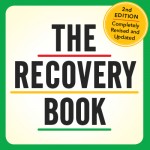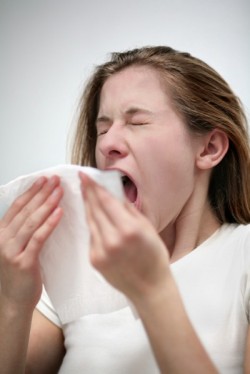Recovery Zone ReCheck – New in The Recovery Book
The Recovery Zone ReCheck is a simple relapse prevention plan.
In every Recovery Zone, at all times, you will be at some risk of relapse, often when you least expect it. The Recovery Zone ReCheck helps you avoid relapses by regularly taking stock of your life.
Once a month or so, use the three Recovery Zone ReCheck questions to assess your life. They will help you see when changes are coming up—relationships, work, health, medication and so on—that could trigger a relapse. These changes can be almost anything: dental procedure, divorce, getting a raise, having a baby, moving to a new town.
When you spot such road blocks, you move back a Zone or two, brush up on the guidelines of that Zone, re-commit to sobriety, and re-focus on recovery. See pages 18-21 in The Recovery Book for all the details.


